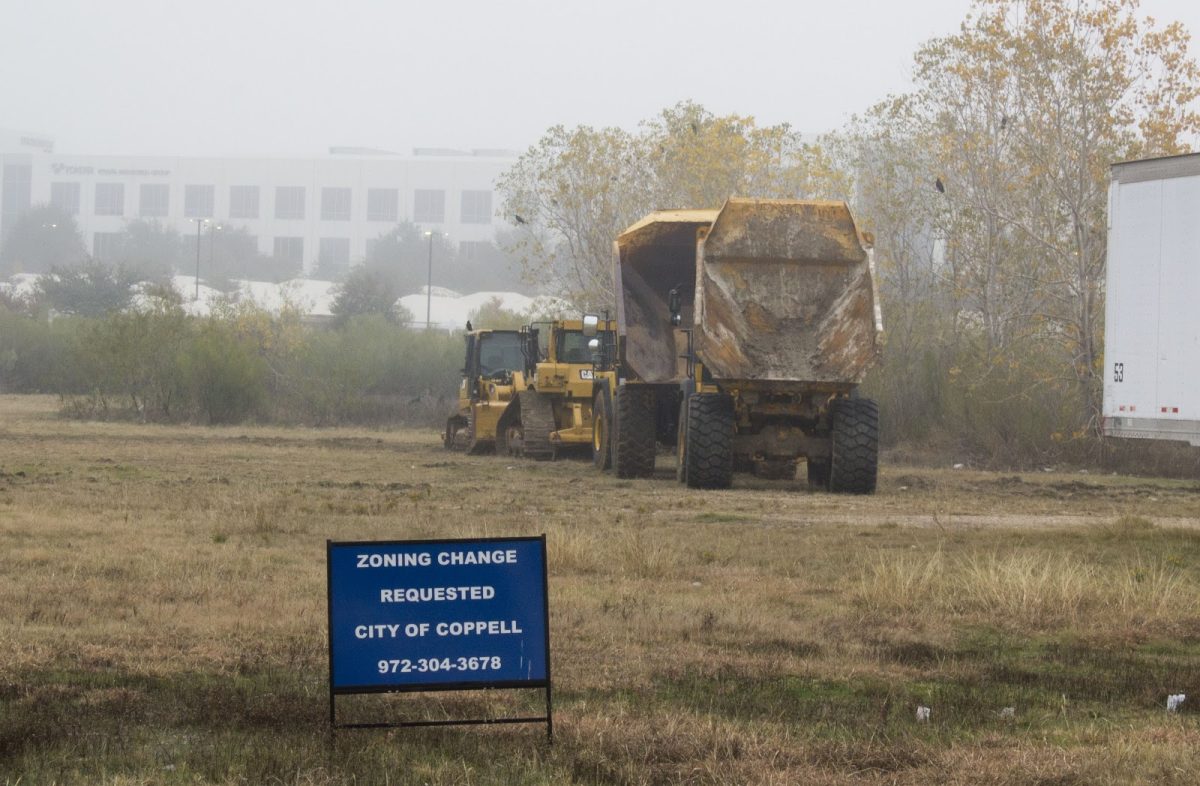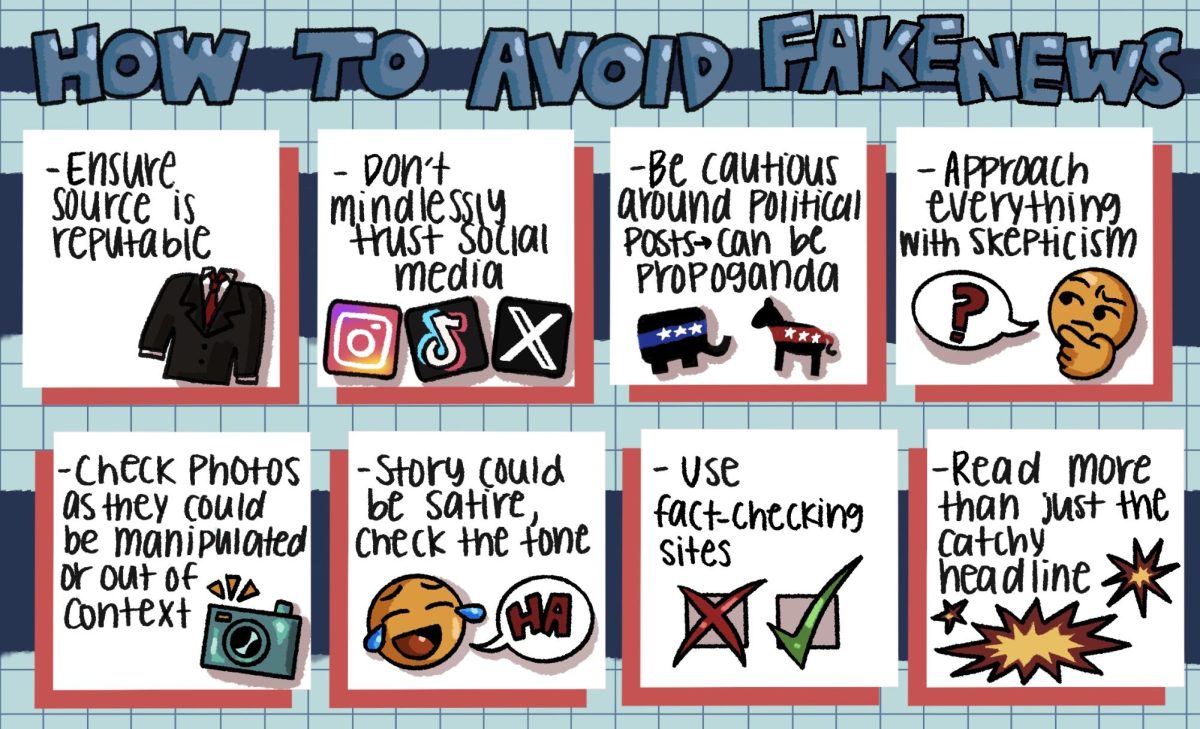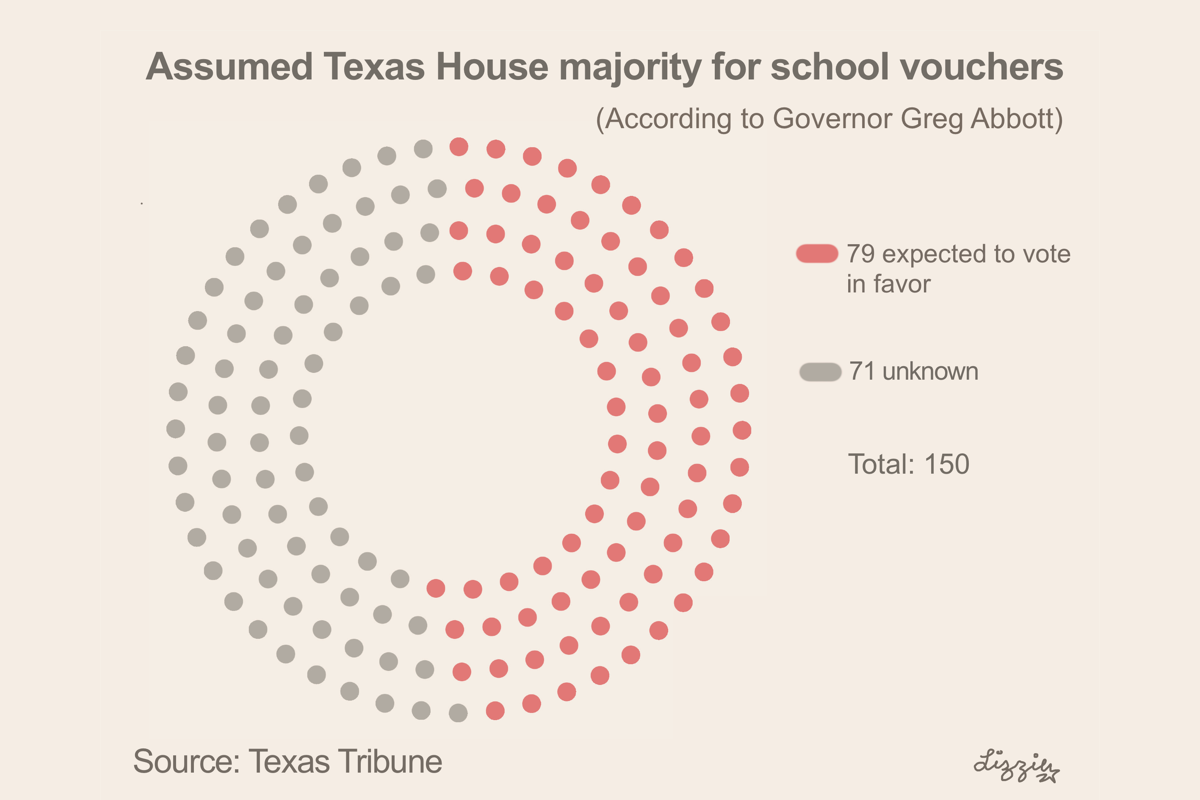Mary Whitfill
Features Editor
ANAHEIM, Calif. – When darkness falls on Saturday night, students attending the JEA/NSPA National High School Journalism Convention will gather for the first convention-hosted Student Film Festival.
Beginning at 9 p.m., students will be welcomed into the Marquis Ballroom of the Anaheim Marriott for special viewings of student films. The videos, between 10 and 20 minutes long, have been deemed appropriate for audiences over the age of 13, and awards will go to the winning filmmakers as determined by the audience.
“Students were invited to enter anything under 20 minutes,” film festival coordinator Sean Ziebarth said. Any category they wanted as long as it was a student film; documentary, animation, anything.”
The first-year the film festival has never been a part of the annual convention and its addition to the program accurately represents the rapidly changing field of news reporting.
“For the past five years, I have been waiting for JEA (Journalism Educators Association) to expand its learning opportunities to broadcast and film students,” KCBY advisor Irma Kennedy said. “It is great to know that now they are focusing on all media students as the field continues to grow.”
Recent studies conducted by BroadcastNow, show that 85 percent of people ages 18 to 24, and 65 percent of people over age 65, receive the majority of their news from video sources. Be it internet or television broadcast, a majority of the world’s population relies on film for its information.
“We are trying to incorporate more broadcasting into JEA, be it short film or news journalism, to encourage the programs and get students excited about various forms of media,” Ziebarth said.
Along with the addition of the Student Film Festival, JEA invited various members of the broadcast journalism field to meet with students and discuss the importance of video journalism.
“It is important to teach students about broadcast journalism, because if you don’t educate, you get the network journalists of the poor quality we have now. If students are taught to have principles and state facts, journalism can return to what it used to be and journalists can get the respect they deserve,” author of “Television Production and Broadcast Journalism” Phillip Harris said.








